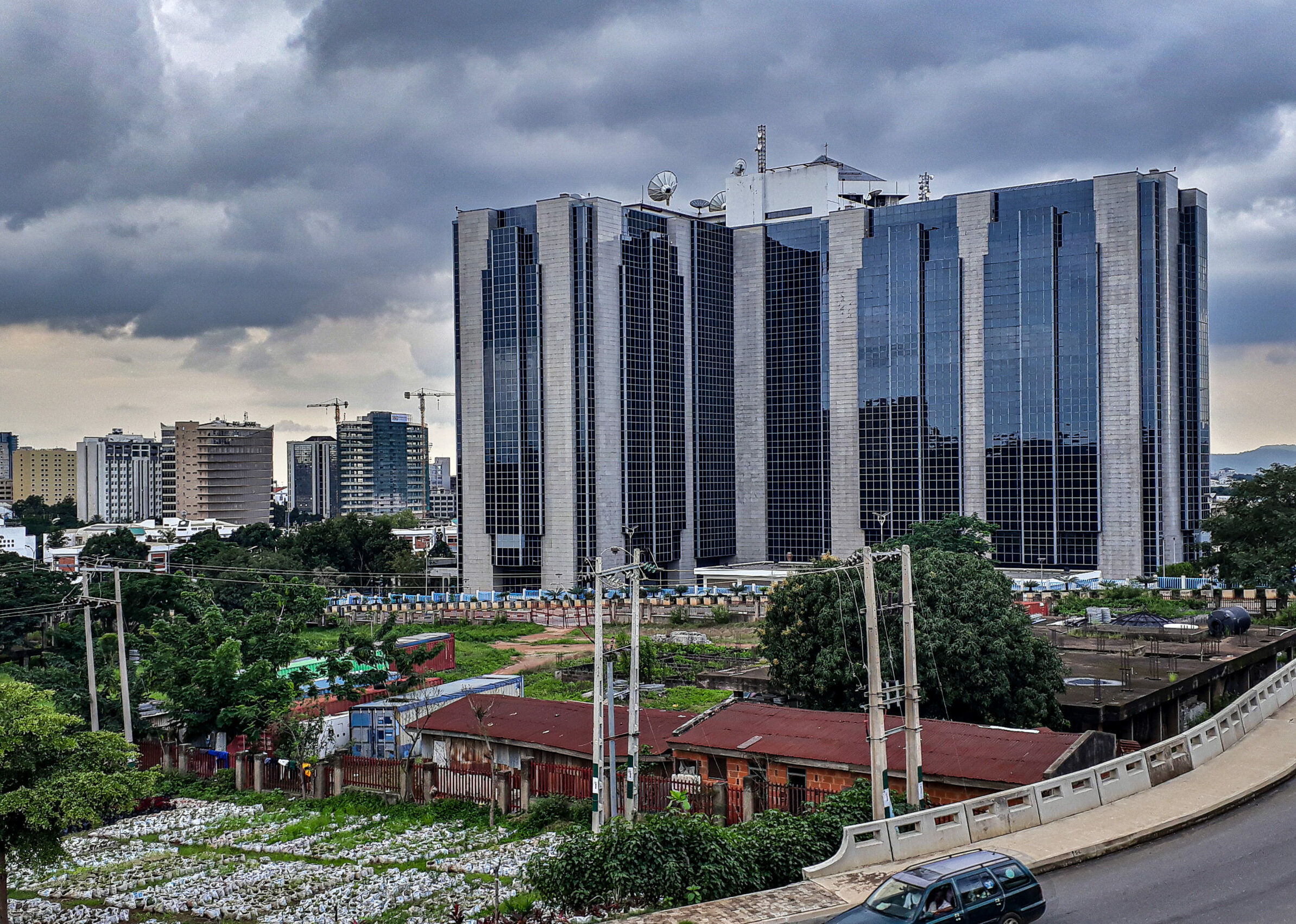Rivers State Governor, Siminalayi Fubara, has accused lawmakers of denying him access to present the 2025 Appropriation Bill at the Assembly Quarters, despite officially notifying the House leadership of his readiness to do so. Fubara made the disclosure on Wednesday during the inauguration of the Bori Zonal Hospital in Khana Local Government Area. The governor
NUP warns against planned protest by coalition pensioners
The Nigeria Union of Pensioners (NUP) has issued a strong warning, distancing itself from a planned “naked protest” reportedly being organised by a group calling itself the Coalition of Pensioners against the Federal Government’s agency, Pension Transitional Arrangement Directorate (PTAD). In a statement signed by its national president, Comrade Godwin I. Abumisi, the union said
The Nigeria Union of Pensioners (NUP) has issued a strong warning, distancing itself from a planned “naked protest” reportedly being organised by a group calling itself the Coalition of Pensioners against the Federal Government’s agency, Pension Transitional Arrangement Directorate (PTAD). In a statement signed by its national president, Comrade Godwin I. Abumisi, the union said […]
Read more



